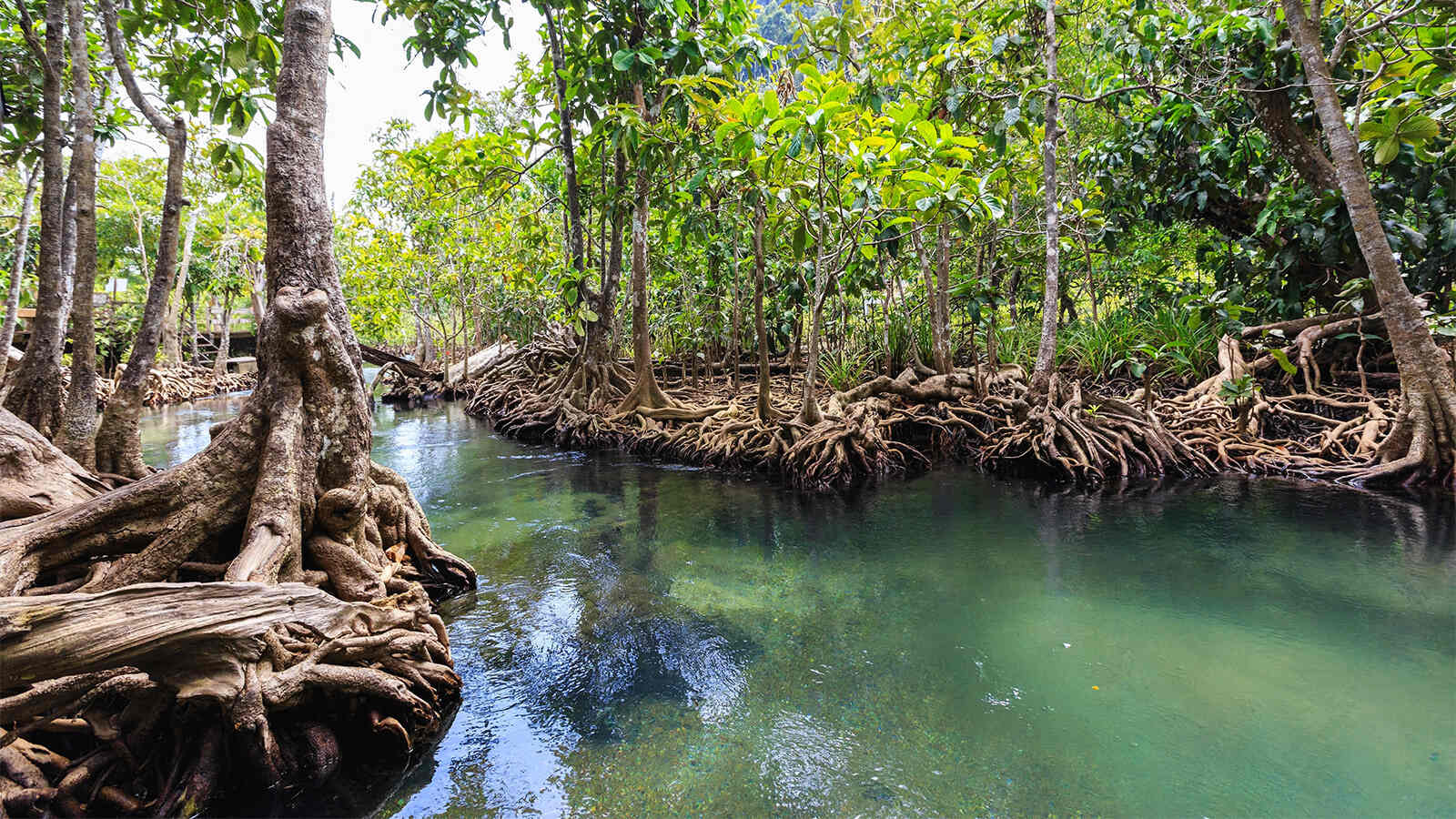
What is an ecosystem? An ecosystem is a community of living organisms interacting with their physical environment. These interactions form a complex web of life, where each species plays a role in maintaining balance. From lush rainforests to arid deserts, ecosystems vary widely but share common principles. They include producers like plants, consumers such as animals, and decomposers like fungi and bacteria. Why are ecosystems important? They provide essential services like clean air, water, and fertile soil. They also support biodiversity, which is crucial for resilience against environmental changes. Understanding ecosystems helps us protect these vital systems for future generations.
What is an Ecosystem?
An ecosystem is a community of living organisms interacting with their physical environment. These interactions form a complex web of relationships that sustain life. Let's dive into some fascinating facts about ecosystems.
-
Biodiversity: Ecosystems are home to a vast array of species. This biodiversity ensures resilience against environmental changes.
-
Energy Flow: Sunlight is the primary energy source for most ecosystems. Plants convert this energy into food through photosynthesis, which then supports other life forms.
-
Nutrient Cycling: Nutrients like carbon, nitrogen, and phosphorus cycle through ecosystems. Decomposers play a crucial role in breaking down dead matter, returning nutrients to the soil.
-
Habitat: Ecosystems provide habitats for various species. Each species has a niche, a role it plays in its environment.
-
Food Chains: Energy flows through ecosystems via food chains. Producers, consumers, and decomposers form the links in these chains.
Types of Ecosystems
Ecosystems come in different forms, each with unique characteristics. Here are some types of ecosystems and their intriguing facts.
-
Terrestrial Ecosystems: These include forests, grasslands, deserts, and tundras. Each has distinct climate conditions and species.
-
Aquatic Ecosystems: Oceans, rivers, lakes, and wetlands fall under this category. They cover about 71% of Earth's surface.
-
Forest Ecosystems: Forests are rich in biodiversity. They act as carbon sinks, absorbing carbon dioxide from the atmosphere.
-
Desert Ecosystems: Deserts receive less than 25 cm of rainfall annually. Despite harsh conditions, they host specialized plants and animals.
-
Grassland Ecosystems: Grasslands have fertile soil, making them ideal for agriculture. They support large herbivores like bison and zebras.
Human Impact on Ecosystems
Human activities have profound effects on ecosystems. Some impacts are beneficial, while others are detrimental.
-
Deforestation: Clearing forests for agriculture or urban development leads to habitat loss and climate change.
-
Pollution: Industrial waste, plastic, and chemicals pollute air, water, and soil, harming living organisms.
-
Climate Change: Human-induced climate change affects temperature and weather patterns, disrupting ecosystems.
-
Conservation Efforts: Protected areas, wildlife reserves, and sustainable practices help preserve ecosystems.
-
Urbanization: Expanding cities encroach on natural habitats, leading to fragmentation and loss of biodiversity.
Ecosystem Services
Ecosystems provide essential services that support human life and well-being. These services are often taken for granted.
-
Provisioning Services: Ecosystems supply resources like food, water, timber, and medicinal plants.
-
Regulating Services: They regulate climate, water quality, and disease control. Wetlands, for example, filter pollutants from water.
-
Cultural Services: Natural landscapes offer recreational, aesthetic, and spiritual benefits. National parks attract millions of visitors annually.
-
Supporting Services: These include soil formation, photosynthesis, and nutrient cycling, which underpin other ecosystem services.
-
Pollination: Bees, butterflies, and other pollinators are vital for crop production. They contribute to food security.
Unique Ecosystems Around the World
Some ecosystems are unique due to their location, climate, or species. These ecosystems often have special conservation status.
-
Amazon Rainforest: The largest tropical rainforest, home to one in ten known species on Earth.
-
Great Barrier Reef: The world's largest coral reef system, visible from space, supports diverse marine life.
-
Galápagos Islands: Known for unique species like giant tortoises and marine iguanas, studied by Charles Darwin.
-
Sundarbans: The largest mangrove forest, home to the Bengal tiger, provides coastal protection.
-
Antarctic Ecosystem: Extreme cold and ice cover characterize this ecosystem, home to penguins and seals.
-
Serengeti Plains: Famous for the annual migration of over a million wildebeest and zebras, a spectacle of nature.
Nature's Intricate Web
Ecosystems are more than just a collection of plants and animals. They’re complex networks where every organism plays a role. From the tiniest microbes to the largest predators, each species contributes to the balance. Human activities, however, often disrupt this balance. Pollution, deforestation, and climate change can have devastating effects. Protecting ecosystems isn’t just about saving wildlife; it’s about preserving the natural processes that sustain life on Earth. Simple actions like reducing waste, conserving water, and supporting sustainable practices can make a big difference. By understanding and respecting these natural systems, we can help ensure a healthier planet for future generations. Remember, every small effort counts. Let’s work together to keep our ecosystems thriving.
Was this page helpful?
Our commitment to delivering trustworthy and engaging content is at the heart of what we do. Each fact on our site is contributed by real users like you, bringing a wealth of diverse insights and information. To ensure the highest standards of accuracy and reliability, our dedicated editors meticulously review each submission. This process guarantees that the facts we share are not only fascinating but also credible. Trust in our commitment to quality and authenticity as you explore and learn with us.


